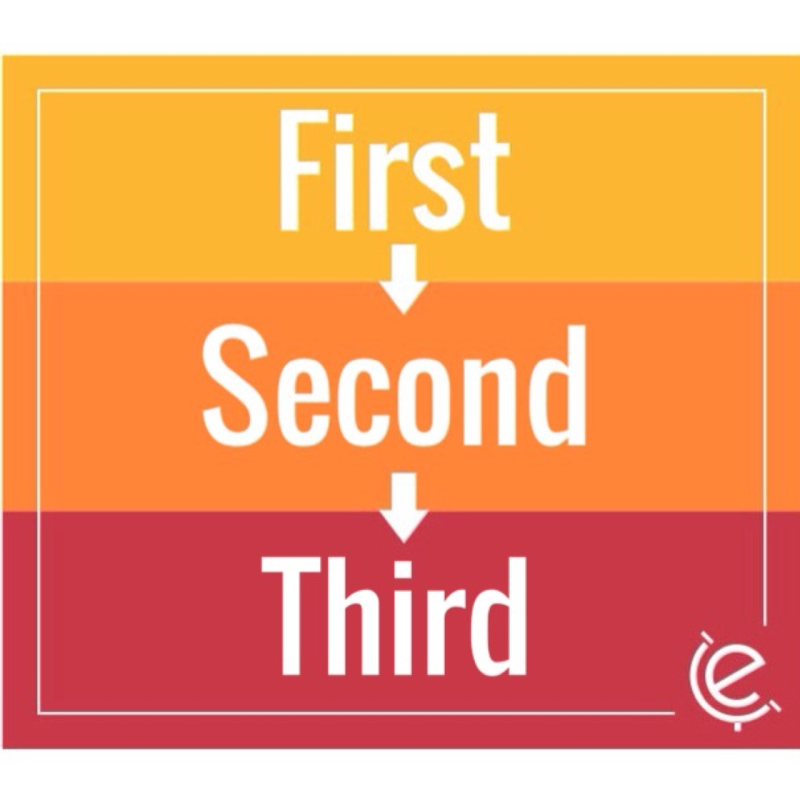As orações condicionais ou “If-clauses” como o próprio nome sugere expressam a dependência entre uma circunstância ou condição a um fato ou resultado.
São orações formuladas com o objetivo de especular sobre algo que poderia acontecer, o que poderia ter acontecido,
e o que nós desejamos que tivesse acontecido em determinada situação, mas que não aconteceu.
A oração principal (que expressa a ação) + a oração condicional (que exprime a condição), geralmente introduzida por if.

First conditional
Nature: Open condition, real possiility
Time: This condition refers either to present or to future time.
⬇
Present simple + WILL/ WON’T/ + VERB
Examples:
⬇
➡ “If I drink coffee tonight, I won’t sleep well.”
➡ “If I have enough money, I will go to Italy.”
➡ “If my mother knows about THAT, we are in serious trouble.”
Second conditional
⬇
Nature: unreal (impossible) or hypothetical or unlikely situantions.
Time: present; the TENSE is past, but we are talking about the present, now.
⬇
Past simple + WOULD + VERB
Examples:
⬇
➡ “If I drank coffee tonight. I wouldn’t sleep well.”
➡ “If I won the lottery, I would travel a lot.”
➡”If I had enough money, I would go to Italy.”
Compare:
➡ “If we win this match, we are qualified for the semifinals.”
➡ “If I won a million pounds, I would stop teaching. (improbable)”
Third conditional
⬇
Nature: unreal – impossibility. The person imagines a different past imaginary situation that did not happen.
⬇
Time: Past (so we are talking about a situation that was not so in the past.)
Examples:
⬇
➡ “If I had drunk coffee last night, I wouldn’t have slept well.”
➡ “If you had studied, you would have passed the exam.”
➡ “If I had had enough money, I would have gone to Italy.”